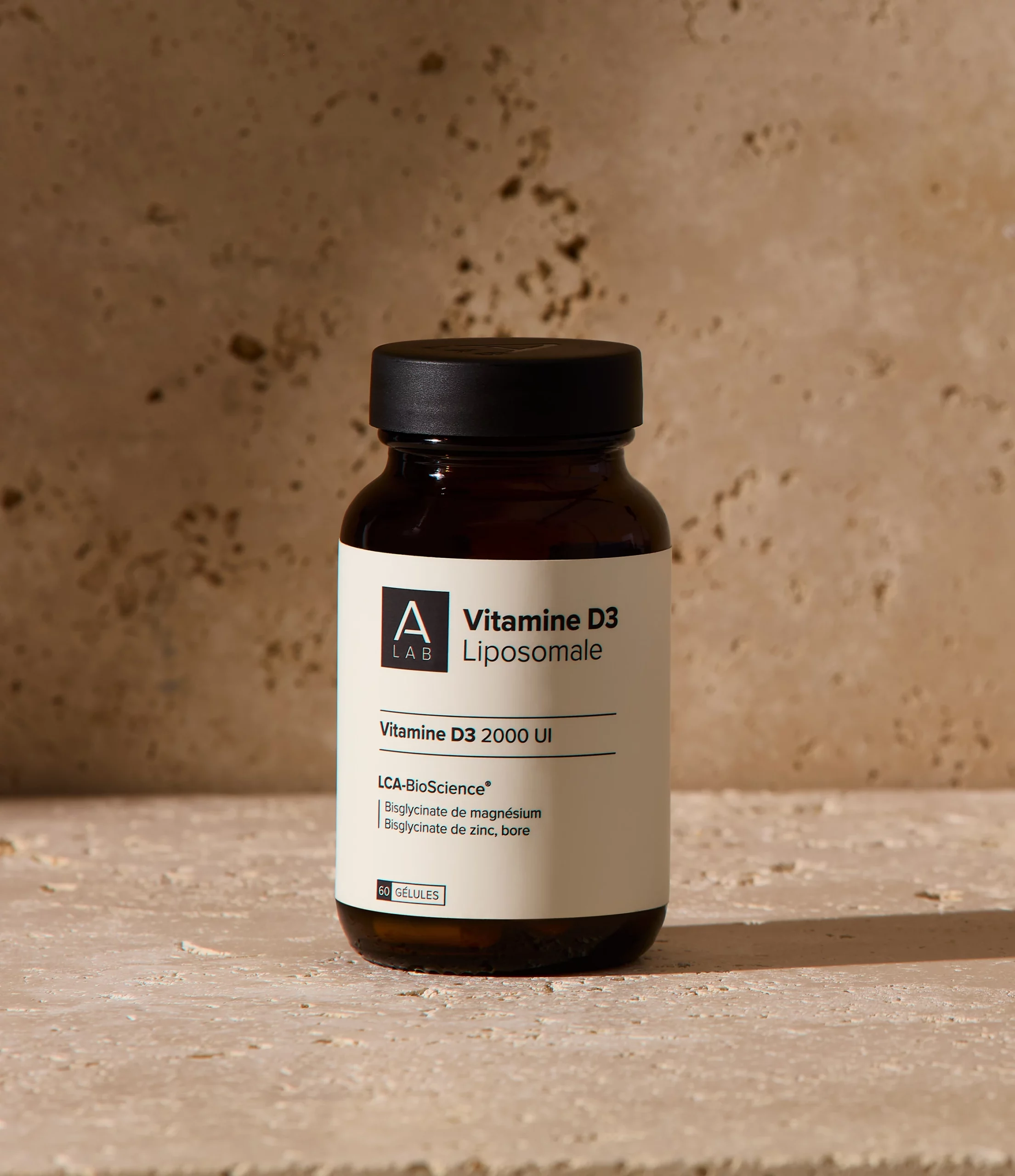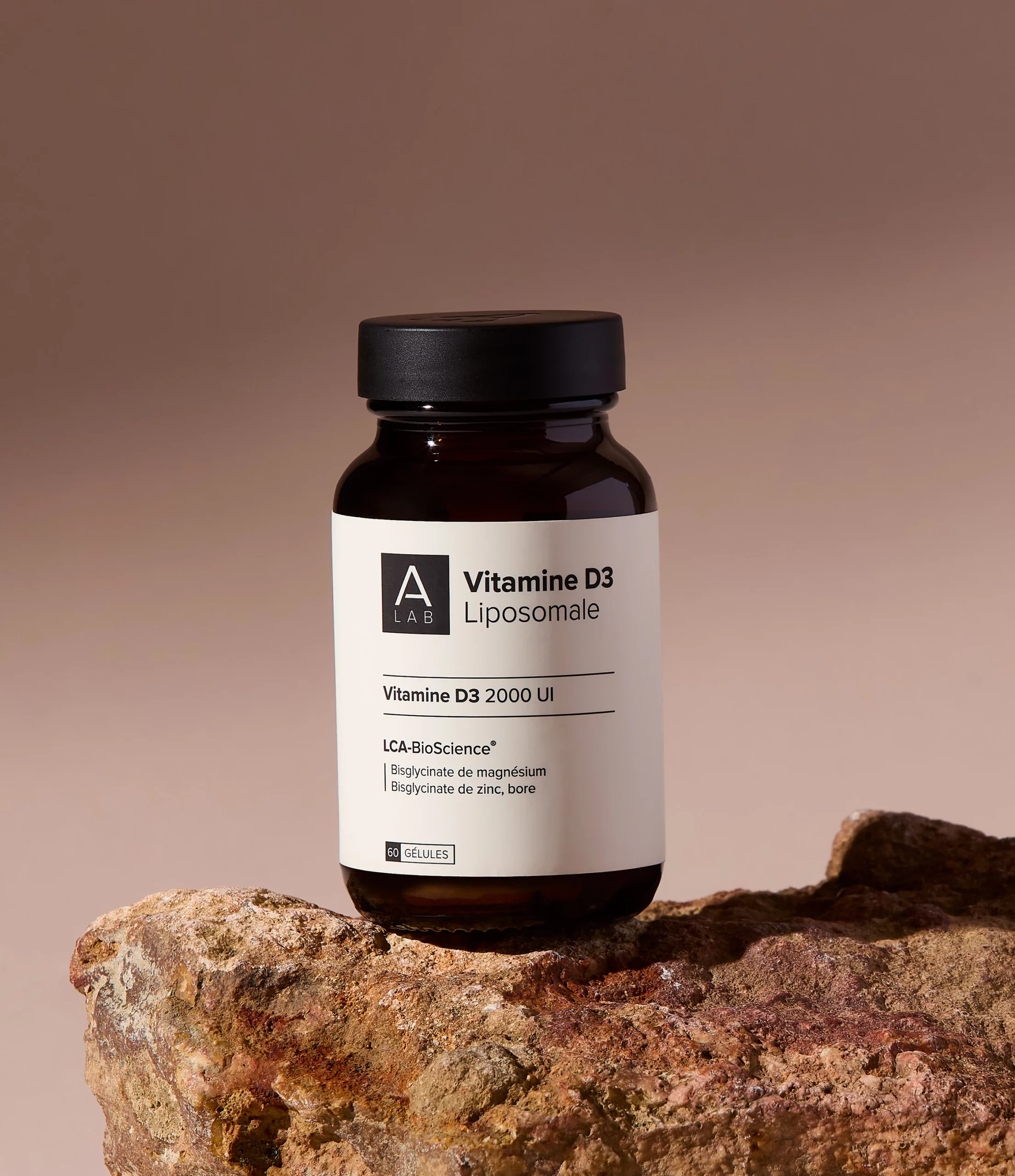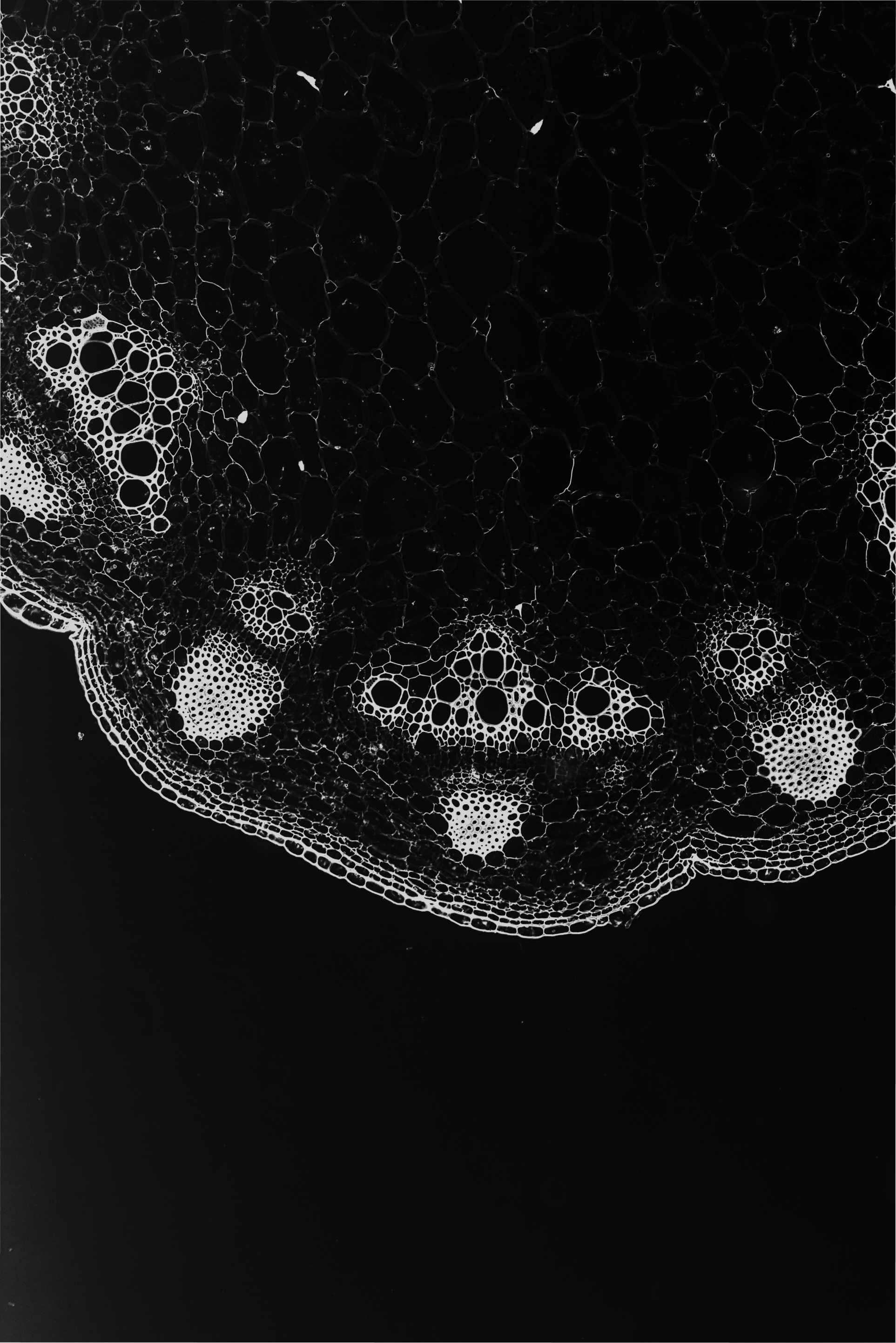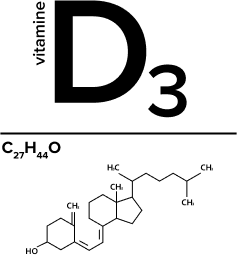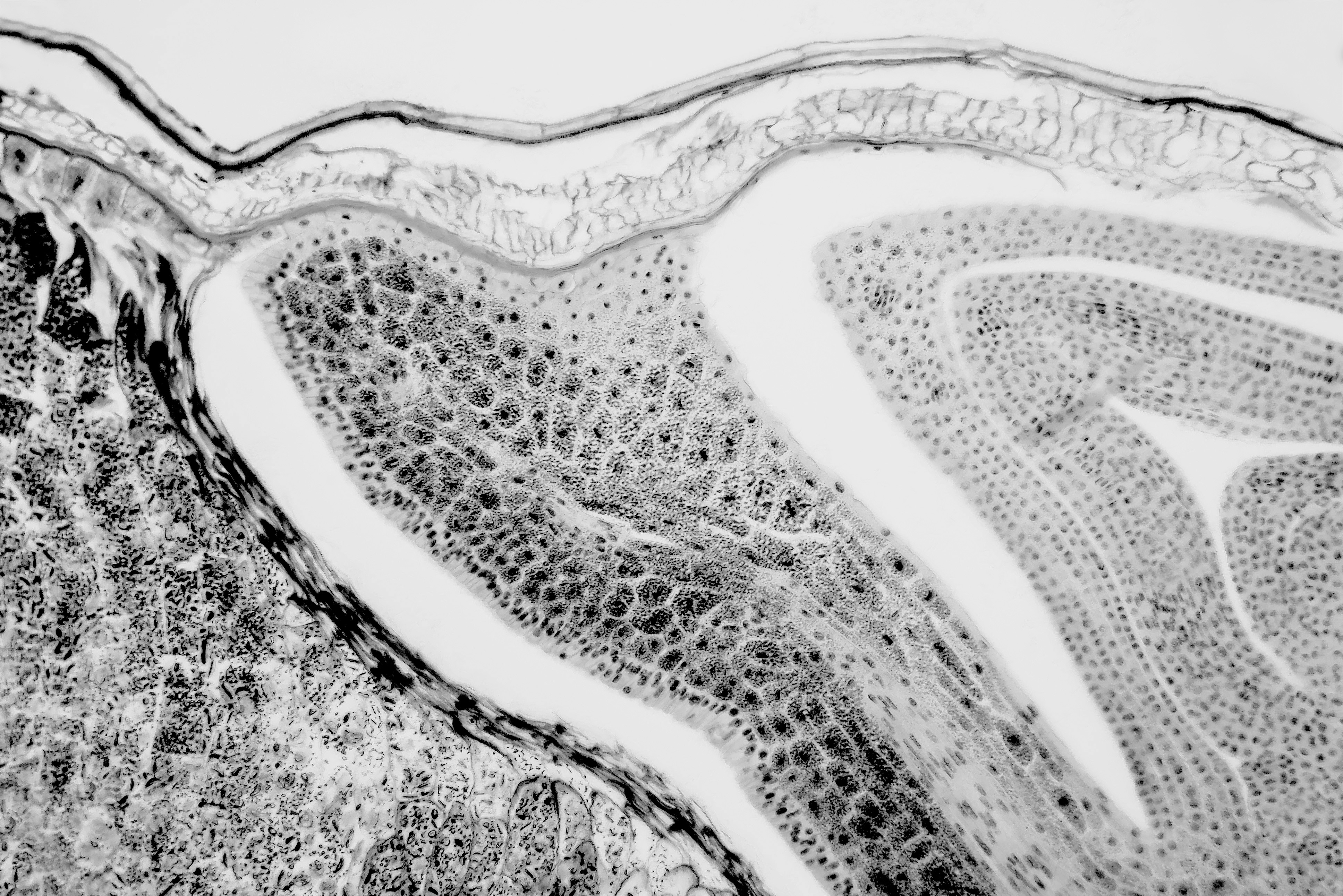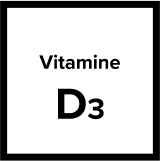Product characteristics
Formula
For 1 capsule:
Vitamin D3: 2000 UI
LCA-BioScience® :
- Magnesium: 56.25 mg
- Zinc : 1,5 mg
- Boron : 0,75 mg
Plant-based capsule
Ingredients
Mineral: magnesium bisglycinate, including 56.25 mg magnesium elements (15% RI*); liposomal vitamin D3 complex (anti-caking agent: magnesium carbonate; medium-chain triglyceride; emulsifier: lecithins; vitamin D3), including 0.75 mg boron element; zinc bisglycinate, including 1.5 mg zinc elements (15% RI*); anti-caking agent: magnesium salts of fatty acids; plant-based capsule (cellulose derivative)
*Reference intake
A-Lab Quality Charter










Precautions for use
Do not exceed the recommended daily dose. Keep out of reach of young children. This food supplement is not a substitute for a varied, balanced diet or a healthy lifestyle. Not suitable for pregnant or breastfeeding women. Those under medical supervision should seek advice from their pharmacist or doctor. Not suitable for those allergic to any of the ingredients. Store in a cool, dry place. For adult use only
Product information sheet indicating environmental qualities or characteristics
- Compostable packaging : no
- Option to reuse packaging? : Reusable packaging
- Use of recycled material in the packaging? : The packaging contains at least 45% recycled material
- Hazardous substances in the packaging? : no
- Hazardous substances in the product? : no
- Recyclable packaging? : Mostly recyclable packaging
- Reusable packaging? : yes
